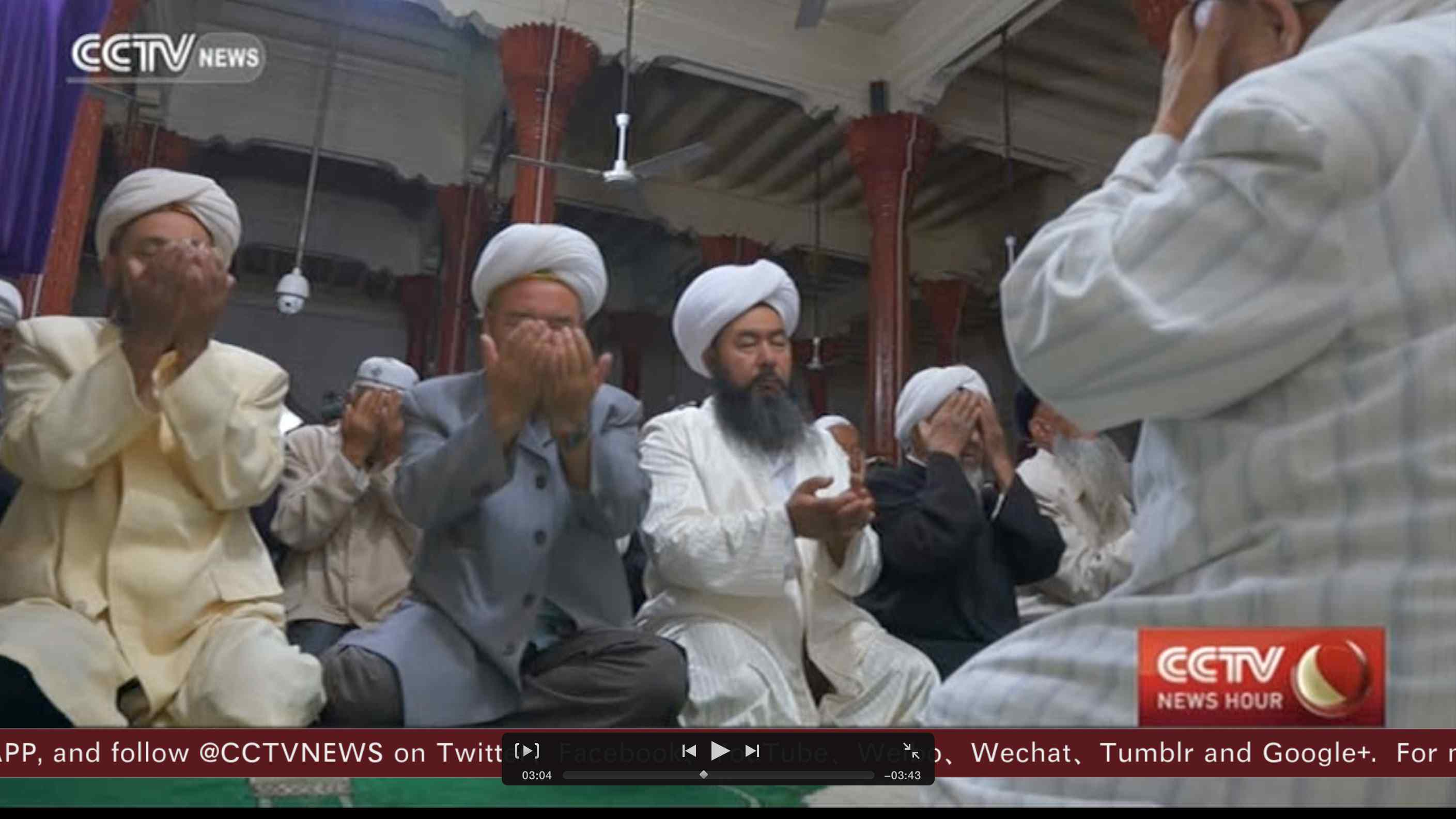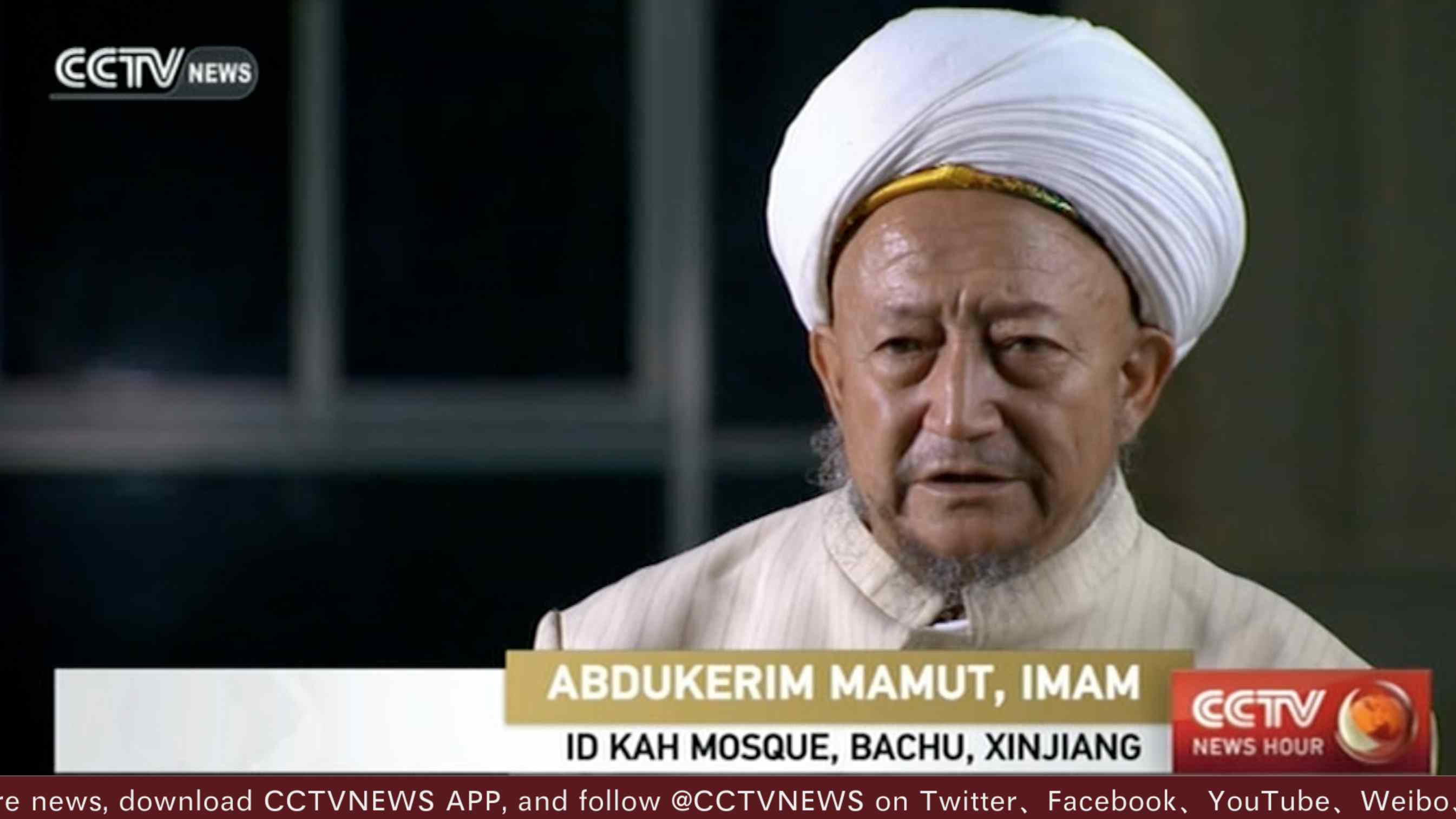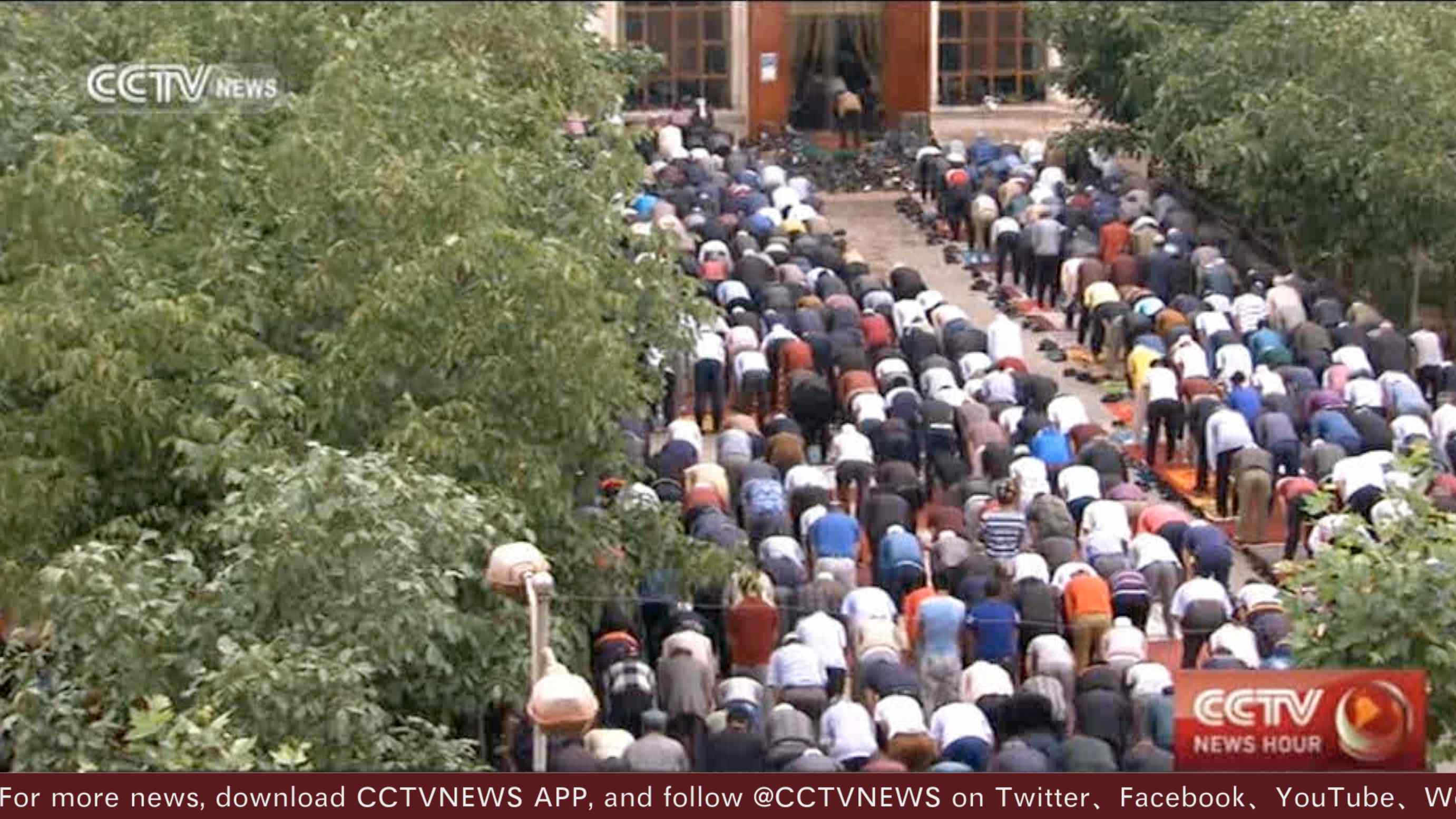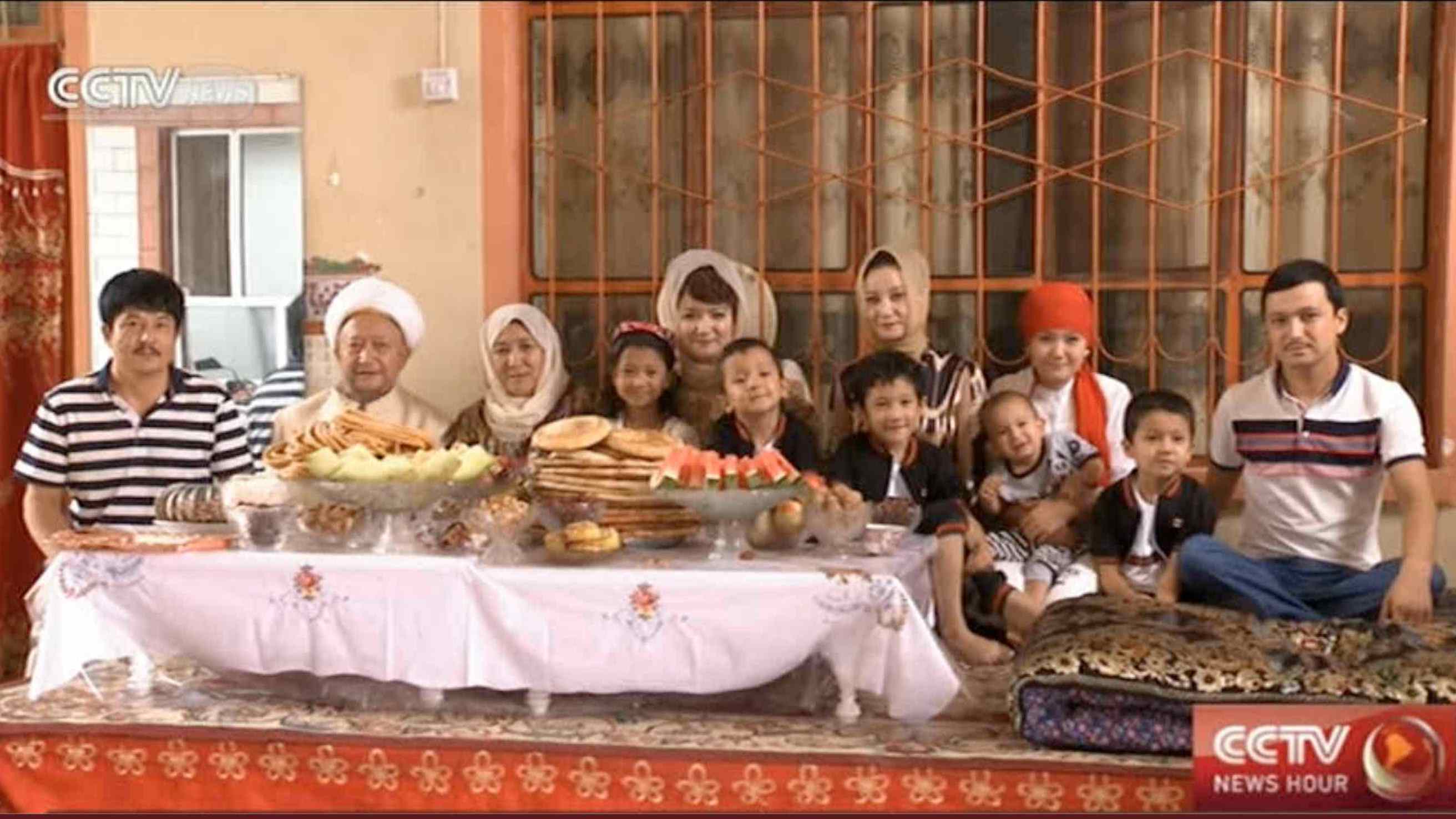
China
14:45, 02-Oct-2016
Muslims Ramadan: a holy month of discipline and worship
Updated
10:18, 28-Jun-2018

Ramadan is widely observed in China’s far western region of Xinjiang, which is home to some 10 million Uygur Muslims. Believers say it’s all about self-discipline, generosity, and sincere faith.
During the month of Ramadan, Muslims are required to refrain from eating and drinking from dawn to dusk. They pray fives times a day, facing the direction of Mecca.
Fasting is a central tenet of Islam. Believers say it will nurture one’s spiritual mind to understand the plight of the poor, and bridge the gap between hunger and satiety.

64-year-old Abdukerim Mamut, the Hatifu, or senior Imam of the biggest mosque in Bachu, Xinjiang, is a pious believer of Ramadan.
“I hope to help Ramadan start well and end well. This is the sacred mission from God. With my gratitude to God, I will do a good job for the prayers. After a whole month of fasting, people should be cleansed of their sins and hatred. The community should usher in peace and harmony,” he said.

Abdukerim has been the Hatifu of the Id Kah in Bachu Bachu's mosque for 15 years. He began studying Islam when he was just eight years old. To him, Ramadan is one of the most important times in the Muslim calendar. Every year, worshippers can number as many as ten thousand during religious holidays to the mosque.
After a month of fasting comes a time for rejoicing and renewed hope. A communal prayer is conducted, to mark the end of Ramadan.
Bachu once suffered from extremist activities, and many are hoping the spirit of Ramadan can bring lasting peace within their communities.

Abdukerim is grateful that Ramadan has brought his whole family together. He hopes such harmony will ensure prosperity within Bachu, and the wider society around them.
“If I am still alive next year, I will be grateful to observe Ramadan whole heartedly like this year,” he said.

SITEMAP
Copyright © 2018 CGTN. Beijing ICP prepared NO.16065310-3
Copyright © 2018 CGTN. Beijing ICP prepared NO.16065310-3